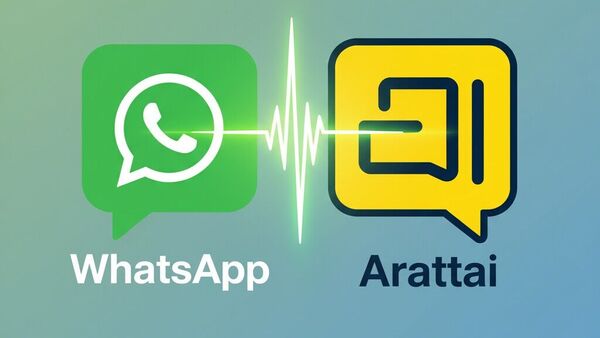Supreme Court Rejects WhatsApp Access as Fundamental Right, Suggests Arattai
The Supreme Court has dismissed a petition seeking restoration of a blocked WhatsApp account, ruling that access to private messaging platforms is not a fundamental right. The bench suggested using the indigenous app Arattai as an alternative.
Key Takeaways
- Supreme Court rejects fundamental right claim to WhatsApp access
- Justices suggest using Indian-made Arattai messaging app
- Users must comply with platform policies, court rules
Case Background
Dr. Raman Kundra, through her lawyer Senior Advocate Mahalaxmi Pavani, claimed she had used WhatsApp for 10-12 years and needed it to communicate with clients. Her account was blocked on September 13, and WhatsApp maintained the block after review.
The doctor filed a writ petition under Article 32, alleging violation of fundamental rights. However, the bench of Justices Vikram Nath and Sandeep Mehta rejected this argument.
Court’s Ruling
The court stated that access to private digital platforms like WhatsApp is not constitutionally guaranteed. Users must comply with platform policies to access services. The bench refused to entertain free speech violation claims and advised pursuing regulatory or civil channels instead.
“What is your fundamental right to have access to WhatsApp?” the bench said.
“There are other communication applications, you can use them. Recently, there’s this indigenous app called Arattai…use that. Make In India!” Justice Mehta noted.
Arattai’s Growing Popularity
While Arattai has been available for nearly four years, it gained significant traction following the government’s push for India-made apps. Developed by Zoho Corp, the app has surpassed 7.5 million downloads and ranks among top free apps on both App Store and Google Play Store.
Zoho founder Sridhar Vembu commented on X: “This is what I told our Arattai team yesterday: all of you have worked hard for over 5 years without expecting that the product would ever take off. Allow neither praise nor criticism nor fame to distract you, resolutely stay the course. That is our mindset.”
The ruling emphasizes that while digital communication is essential, access to specific private platforms falls outside constitutional guarantees.




